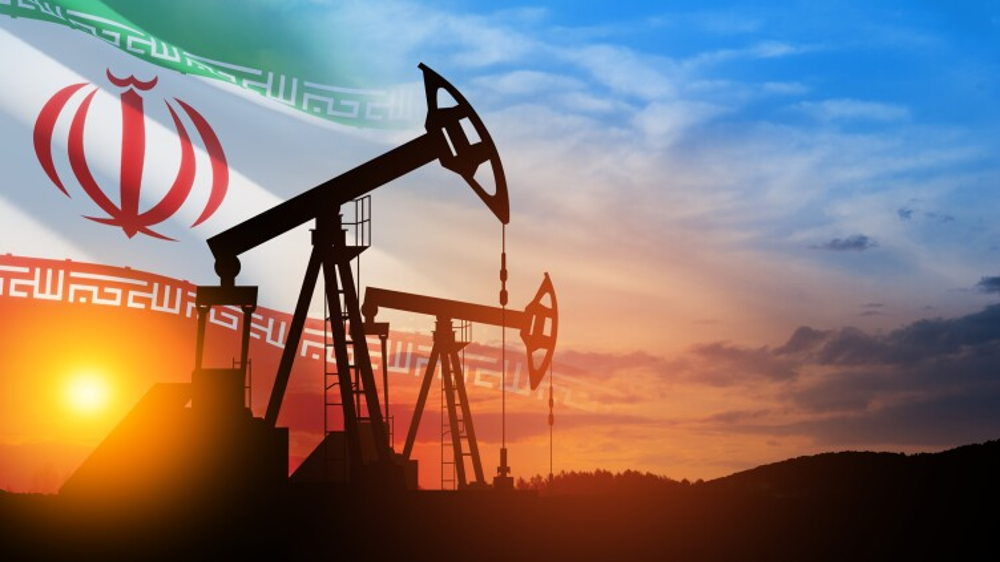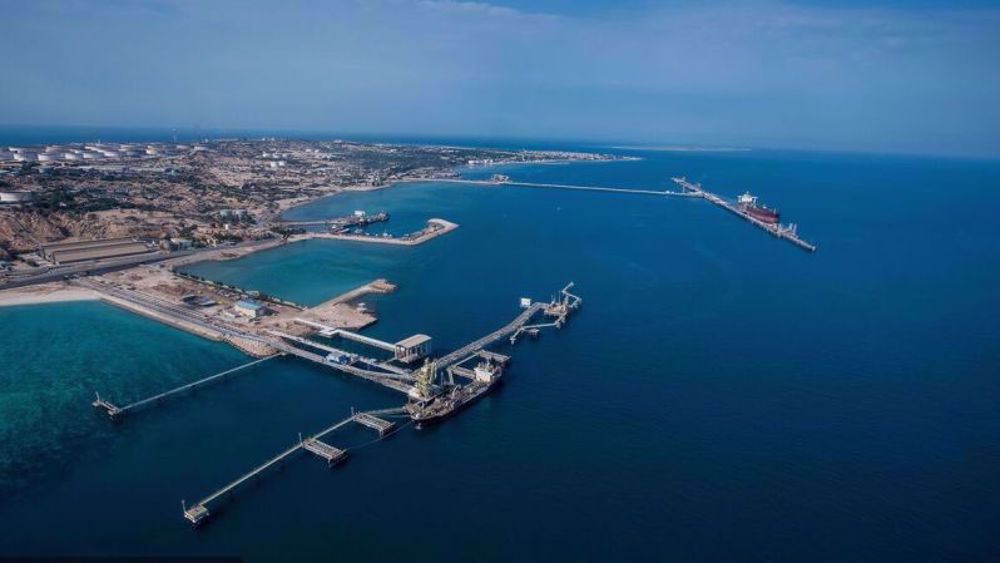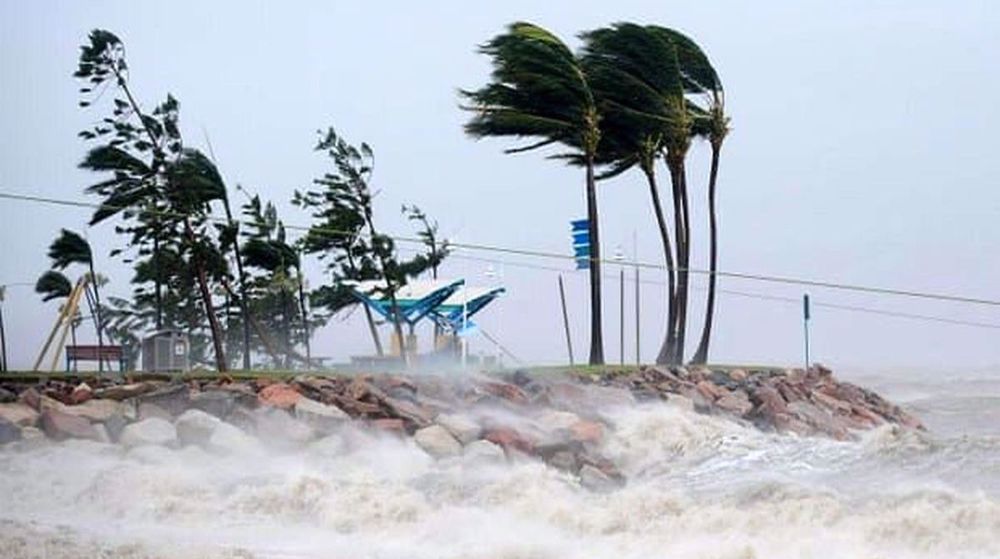Nuclear industry: New arm of Iran’s thriving petroleum industry
Many oil refineries today use up to 70 percent of sophisticated nuclear devices, which indicates the inexorable importance of nuclear technology to petroleum-producing countries such as Iran.
The use of nuclear knowledge in mining, oil and petrochemical industries to discover uranium mines as well as oil and gas wells through airborne geophysical surveys is one of the important scientific achievements of the nuclear industry.
Thanks to its nuclear industry, Iran is now capable of detecting various mines and oil wells up to 15,000 meters deep with the use of airborne geophysical technology.
Ironically, the history of both oil and nuclear development in Iran is laced with skulduggery, subterfuge and sabotage, making the country’s accomplishment of indigenizing the industries a dramatic saga of long-fought struggle against Western control and colonialism.
Years ago, when Iranians under the monarch had no idea of what the earth under their feet bore in its depth, the British struck the first oil in the Middle East at Iran’s Masjed Soleymān in 1908, but they introduced it as an odious and worthless substance.
When the people finally realized about the “black gold” that was being pilfered, the Brits bamboozled the king and his coterie with one-sided cheap contracts. Against the illuminate who protested the pillage of Iran’s national wealth, they also taunted the complex knowledge that they said Iranians lacked to extract oil and use it.
It took years before the Iranian struggle to nationalize oil bore fruit and even more arduous years for the country to bring up a generation of managers and specialists to extract, process and export oil.
The same goes for the nuclear industry. Iran’s drive to develop a viable nuclear energy option faced an acerbic mix of critiquing its rationality and cost in an oil-rich country and a perceived drought of minds and talents to absorb and process such a complicated science which was deemed an exclusive specialty of the West.
But once the benefits were clarified and the development process was put in motion, the enemy began to throw every wrench in its progress ranging from psychological warfare to sanctions, assassination of nuclear scientists and deceitful negotiating tactics.
Today, the benefits of the nuclear industry are clear to all and sundry, not least in the oil industry where Iran's indigenous progress in the extraction of oil and operation of its sprawling petroleum network is a national honor.
The global energy crisis amid a volatile oil and gas market and rising demand has set off a cutthroat race for energy transition where fossil fuel reserves are fast depleting.
Nuclear technology, in addition to self-sufficiency in nuclear fuel, will lead to progress in other technologies and improve Iran's position in the energy market.
The construction of power plants and water desalination facilities in Bushehr and the capability to build small power plants are among the achievements of the nuclear industry which has been developed by Iranian scientists.
One of the most important aspects of nuclear technology in Iran is the localization of this knowledge where no power plant is run by a non-Iranian expert. This is a big achievement, a symbol of self-confidence and a sign of the progress of the country’s educational and scientific system.
This is a system that has enabled Iran to rely on its faithful and talented young people who have been trained to master nuclear technology and apply it in industry without the need for the West.
Today, the nuclear fuel cycle from exploration, extraction and production of yellow cake to uranium processing, enrichment, production of pellets, rods and fuel complexes, to the handling of nuclear fuel in reactor and reactor waste are all done in Iran.
VIDEO | Press TV's news headlines
Hamas: Israel escalating ceasefire violations in Gaza
Venezuela's government declares unwavering unity behind Maduro
VIDEO | Global outcry over Venezuela president abduction
Iran keeps wheat import subsidies despite cutting other food supports
Venezuelan military stands with acting president after US kidnapping of Maduro
VIDEO | Press TV's news headlines
VIDEO | Protesters in Toronto slam US kidnapping of Venezuelan president











 This makes it easy to access the Press TV website
This makes it easy to access the Press TV website